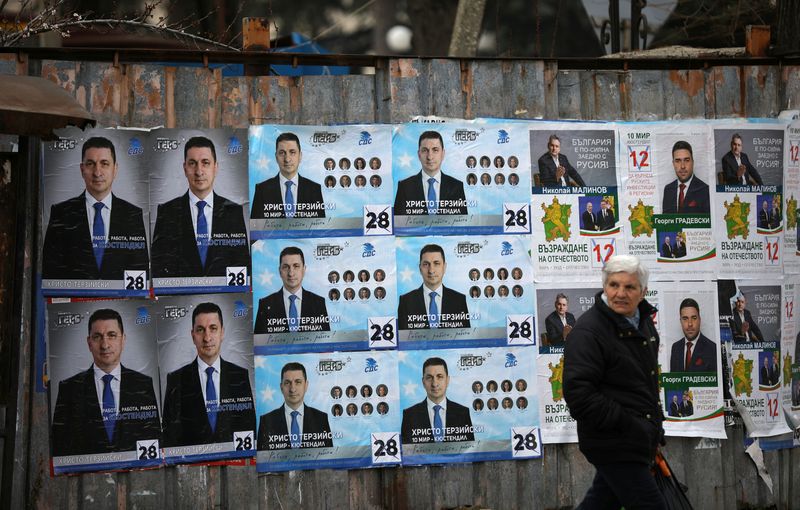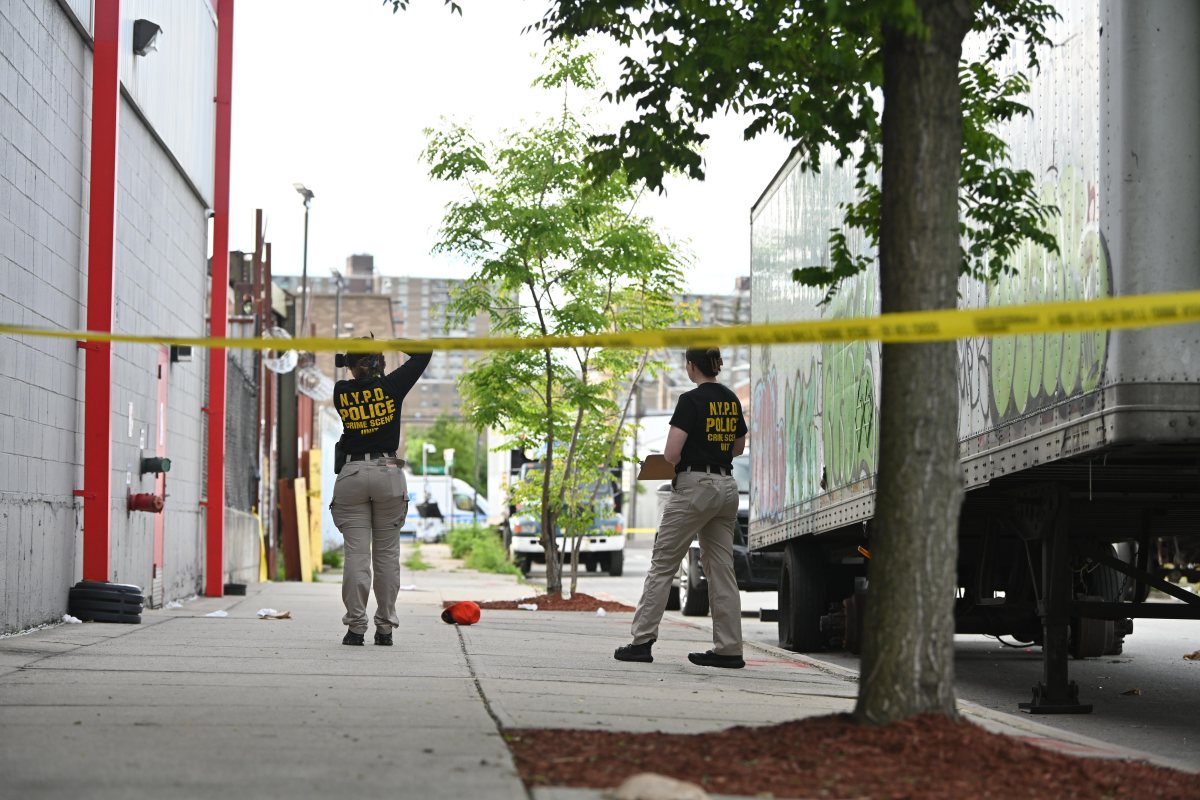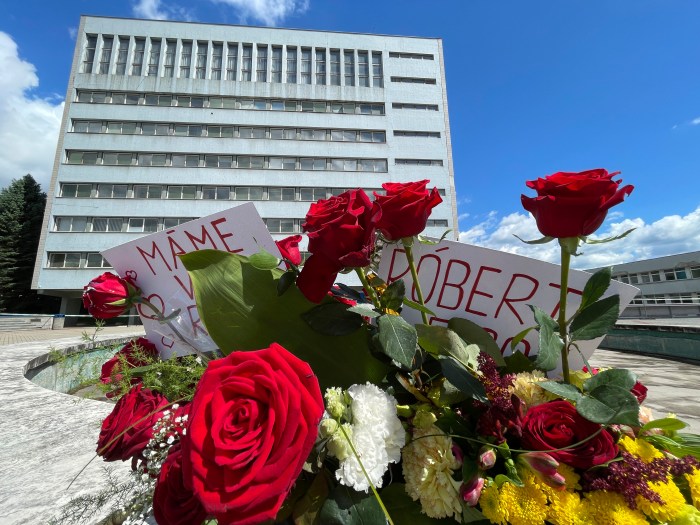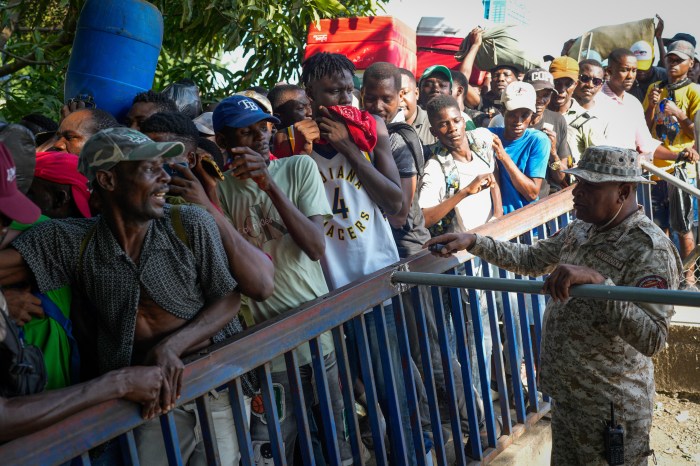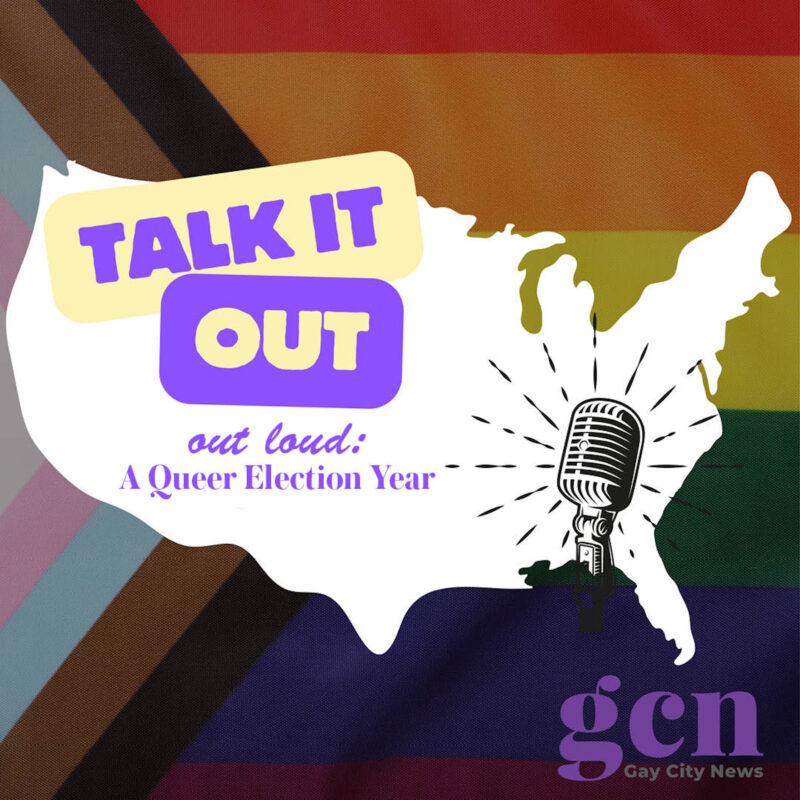SOFIA (Reuters) – Bulgaria’s centre-right GERB party has kept a small lead over the anti-elitist ITN grouping ahead of a July 11 snap parliamentary election despite waning popularity over its failure to uproot graft, a new opinion poll showed on Wednesday.
Bulgarians were asked to vote again after an election on April 4 resulted in a deadlocked parliament that failed to produce a government. The president has appointed a caretaker Cabinet to lead the Balkan country until the July poll.
After dominating Bulgarian politics for most of the past decade, three-time Prime Minister Boyko Borissov’s GERB remains the most popular party with 22.8% support, the opinion poll by Sofia-based Gallup International showed.
But it is also the only party whose support has fallen since the April vote, when it won 26.2%, said the survey, which was conducted from May 7 to 14 among 812 people.
GERB won most votes in the April election but not enough to govern alone and other parties refused to enter into coalition with it amid widespread public anger over high-level corruption in the European Union’s poorest member state.
The newly formed ITN (There Is Such a People) party of popular TV talk show host and singer Slavi Trifonov is a close second, with 20.1% backing, up from 17.7% in the April poll.
The survey put the Socialists in third place on 16.1%, while the anti-graft Democratic Bulgaria alliance and the ethnic Turkish MRF were seen winning 11.6% and 11.2% respectively.
Another protest party, Rise Up! Mafia Out!, will also get into the next parliament, the survey showed. If several nationalist parties decide to unite and run together, they too could win seats.
Neither GERB nor ITN will win an outright majority in the next parliament, which again is expected to be fragmented, thus complicating the process of forming a stable government.
(Reporting by Tsvetelia Tsolova; Editing by Gareth Jones)

